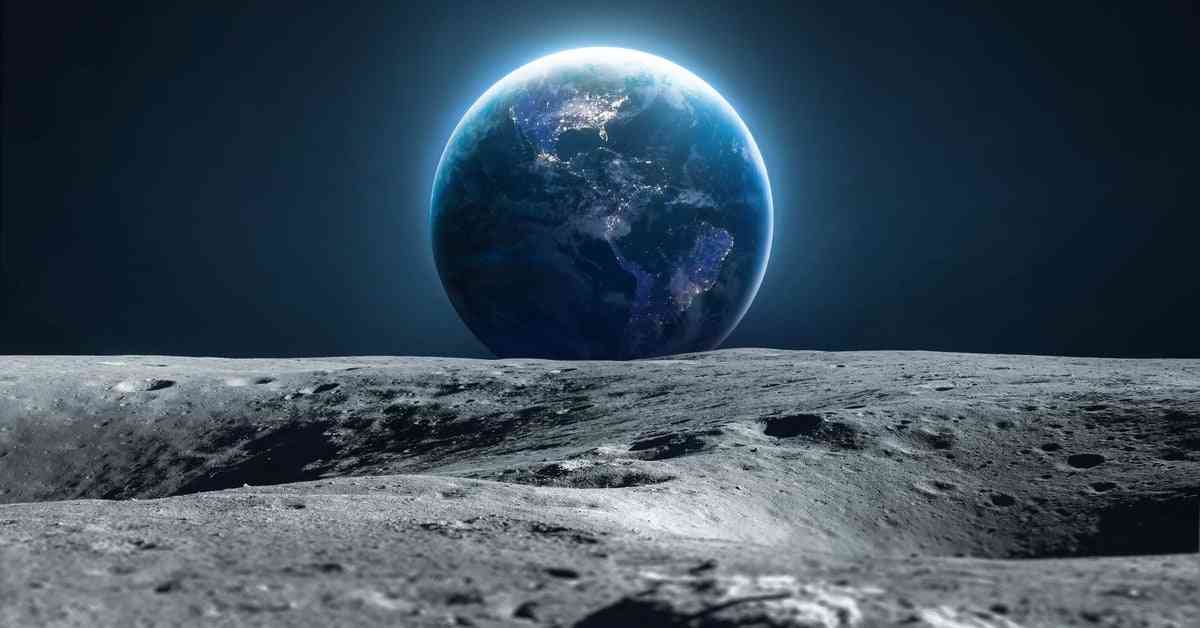We are currently in a new moon race, but this time, the U.S. is falling behind. In the past, the U.S. emerged as a leader in space exploration with the Apollo program, landing humans on the moon in 1969. However, the current competition for lunar dominance is more of a marathon than a sprint, with China emerging as a formidable opponent.
The winner of this race will not only gain bragging rights but also access to valuable lunar resources, especially at the moon’s south pole. These resources could potentially transform how we use the moon, providing essential elements like water, air, and rocket fuel. The first country to reach these resources will have a significant advantage in shaping the rules and regulations for lunar exploration and exploitation.
China’s lunar program, named after the moon goddess Chang’e, has been making significant progress since 2007. The program has achieved several milestones, including landing a spacecraft on the far side of the moon and returning lunar samples to Earth. In contrast, the U.S. lunar exploration program has faced challenges and changes in priorities over the years, struggling to maintain a consistent focus.
To stay competitive in the lunar race, the U.S. needs to refocus its efforts on a sustainable lunar exploration program that aligns with the original Artemis vision. This program should combine robotic and crewed missions in a strategic and consistent manner. Additionally, the U.S. should leverage its commercial partners in the space industry, such as SpaceX and Rocket Lab, to accelerate progress and innovation in space exploration.
It is crucial for spacefaring nations to engage in dialogue and establish standards of behavior for lunar exploration. These discussions can help ensure peaceful and collaborative exploration of the moon, avoiding potential conflicts in space. By renewing its commitment to lunar exploration and collaborating with commercial partners, the U.S. can regain its position as a leader in space exploration and compete effectively with China in the new lunar marathon.










